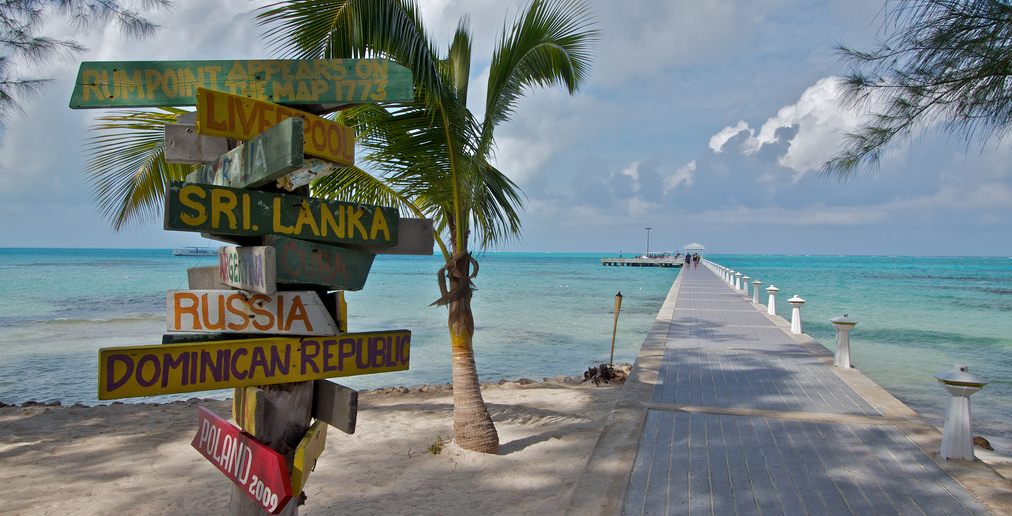The news is buzzing at the moment about something being called the 'Panama Papers' - a leak which shows how a Panamanian law firm supposedly helped some of its clients avoid tax and launder money in secret. Here's our quick round-up of the coverage.
Where did the leak come from?
The leak came from an anonymous source who passed the documents to the German newspaper Süddeutsche Zeitung. The files were then shared with an organization called the International Consortium of Investigative Journalists (ICIJ), who analyzed the information alongside big media outlets like the BBC and the Guardian.
Who's involved?
The leaks implicate 12 current or former heads of state, including president of Argentina Mauricio Macri and the prime minister of Iceland Sigmundur Gunnlaugsson. The ICIJ published this interactive guide to some of those involved.
Other names that crop up in the leaked files include Hollywood actor Jackie Chan, Bollywood star Amitabh Bachchan and footballer Lionel Messi, who is suing a Spanish newspaper for linking him to the scandal.
It's interesting to note how much US/UK coverage focuses on evidence of connections to the Russian President Vladimir Putin, while Russian broadcaster RT points to the involvement of UK Prime Minister David Cameron's father.
How can I find out more?
The Guardian has a useful guide - What are the Panama Papers? A guide to the biggest data leak in history - which covers what the leaks reveal, where wealth is being held and where it comes from - this includes a video explainer, called "How to hide a billion dollars in 5 easy steps'.
Quartz feature the five most important graphs from these Panama Papers leaks.
Some of the terminology relevant to the leaks - terms like 'shell company' and 'bearer bonds' - might sound unfamiliar, so the BBC has a handy explainer, which covers 'how assets are hidden and taxes dodged'. There's also this useful Q&A.
Vox features a really great description of what it's all about from Reddit user DanGliesack, who explains what's happened in a short, simple story about piggy banks. Vox also has a clear and detailed explainer of what's happened.
Why does this matter?
In certain respects it's a question of fairness. Some people have been able to avoid paying tax or hide money from illegal activities, while the majority pay tax and would be punished for similar behavior. It's only really those with enough money in the first place that can afford to do this. And while it may seem a fairly distant and abstract idea, it means money that should have been taxed and used to pay for public services around the world hasn't been.
It's also about the wider consequences of money being concealed like this, which means less accountability for where it's come from, and the possibility that it stems from immoral actions. Yesterday, the ICIJ published this video, which draws connections between the activities the leak reveals and some of the conflicts, turmoil and deprivations currently affecting people around the world.

